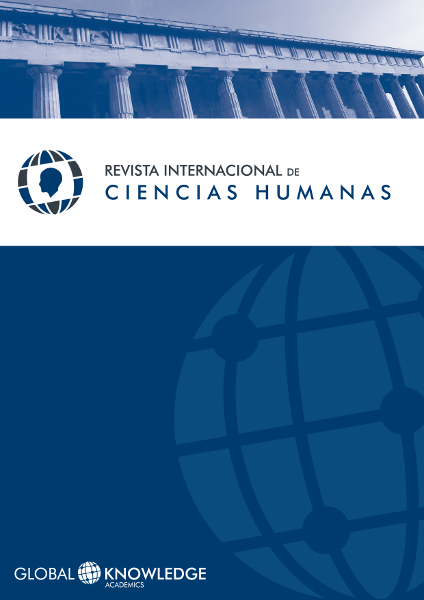Mind, Consciousness and the Body in Friedrich Nietzsche’s Opus
DOI:
https://doi.org/10.37467/gka-revhuman.v5.439Keywords:
Consciousness, Subject, Body, Organic, Philosophy of MindAbstract
The study of consciousness possess considerable relevance in contemporary philosophy of mind. However, the “scientistic” approach that dominates the aforementioned discipline, although of undisputed usefulness, contributes to the rejection of other approaches whose explanatory value has proven to be illuminating in the study of mind, consciousness and the body. One of these approaches can be found in the philosophical works of Friedrich Nietzsche. The causal determinism of the mind-body relation proposed by the german philosopher has been posited through similar proposals for renowned neuroscientists and philosophers. Nevertheless, the historical and theoretical importance of Nietzsche’s contributions hasn’t been recognized as such. The purpose of this article is to show the subtleties of the causal determination in the mind-body relation and its implications in the actual discussions about the nature of consciousness.
References
Abel, G. (Productor). (2009). Consciousness, Language and Nature: Nietzsche’s Philosophy of Mind and Nature. Nietzsche on Mind and Nature. Recuperado de http://podcasts.ox.ac.uk/consciousness-language-and-nature-nietzsches-philosophy-mindand-nature
Bornedal, P. (2010). The Surface and the Abyss: Nietzsche as Philosopher of Mind and Knowledge. Berlín, Alemania: de Gruyter.
Chalmers, D. (1996). The Conscious mind: in Search of a Fundamental Theory. Oxford, Reino Unido: Oxford University Press.
Gazzaniga, M. (1985). The Social Brain: Discovering the Networks of the Mind. Nueva York, Estados Unidos: Basic Book.
Graziano, M. (2013). Consciousness and the Social Brain. Oxford, Reino Unido: Oxford University Press.
Katsanafas, P. (2005). Nietzsche’s Theory of Mind: Consciousness and Conceptualization, European Journal of Philosophy, 1-31.
Lupo, L. (2006). Le colombe dello scettico. Riflessioni di Nietzsche sulla coscienza negli anni 1880-1888. Pisa, Italia: ETS.
Ferrater, J. (2001). Diccionario de filosofía. Barcelona, España: Ariel.
Nagel, T. (2010). Brain Bisection and the Unity of Consciousness. Mortal Questions. Cambridge, Reino Unido.
Nietzsche, F. (2002). La gaya ciencia. Madrid, España: Editorial EDAF.
Nietzsche, F. (2009). Más allá del bien y el mal: Preludio de una filosofía del futuro. Madrid, España: Alianza.
Nietzsche, F. (2011). La Genealogía de la moral: un escrito polémico. Madrid, España: Alianza.
Riccardi, M. (2015). Nietzsche on the Superficiality of Consciousness. En M. Dries (Ed.), Nietzsche on consciousness and the Embodied Mind.
Rosenthal, D. (2006). Consciousness and Mind. Oxford, Reino Unido: Oxford University Press.
Downloads
Published
How to Cite
Issue
Section
License
Those authors who publish in this journal accept the following terms:
- Authors will keep the moral right of the work and they will transfer the commercial rights.
- After 1 year from publication, the work shall thereafter be open access online on our website, but will retain copyright.
- In the event that the authors wish to assign an Creative Commons (CC) license, they may request it by writing to publishing@eagora.org









